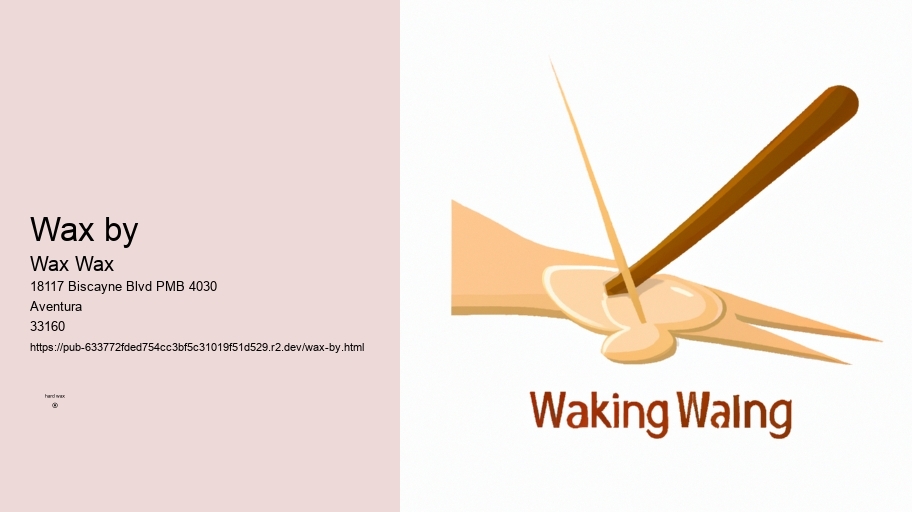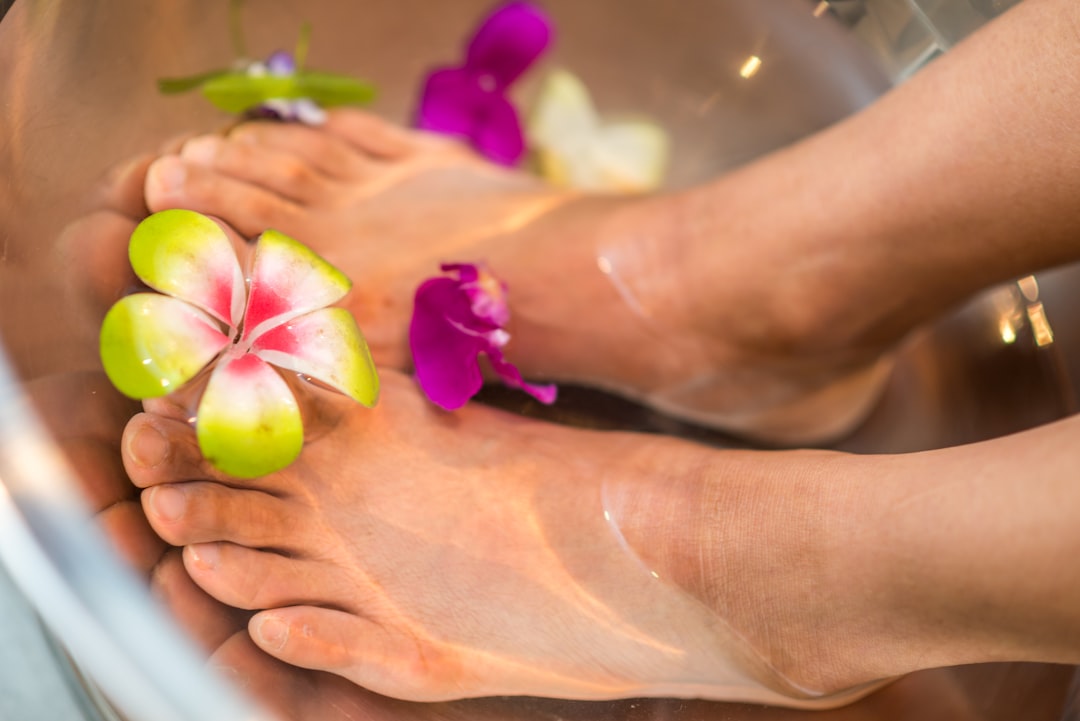

Waxing is a form of semi-permanent hair removal that involves applying a sticky substance, such as wax, to adhere to body hair and then removing this covering to pull out the hair from the follicle. New hair will not grow back in the waxed area for four to six weeks. Waxing can be done on various parts of the body, including eyebrows, face, legs, arms, back, abdomen, chest, and feet. There are different types of waxing methods available, such as strip waxing (soft wax) and stripless wax (hard wax and film wax). While waxing is an effective method for removing hair in large amounts at once and provides long-lasting results compared to shaving or using depilatory creams, it can also be painful and expensive. Some people may experience ingrown hairs or skin irritation after waxing.
Potential side effects of frequent waxing
This article needs additional citations for verification . Get the best hard wax products from Wax Wax. Please help improve this article by adding citations to reliable sources . Unsourced material may be challenged and removed.
This article is about the process of hair removal. For the increase in the Moon's apparent shape, see Waxing and waning . For the covering of fruits in wax, see Fruit waxing .
The modern practice of waxing has evolved over time, with different techniques and types of wax available. Strip waxing, which uses a thin layer of wax applied to the skin and removed with a cloth or paper strip, is one common method. Another method is stripless waxing, where hard or film wax is applied directly to the skin and removed without the use of strips.
After waxing, it is essential to take care of your skin by using the best post-wax products available. Here are some tips for applying and incorporating these products into your skincare routine.
What is waxing
Potential for longer-lasting and smoother results
Natural remedies like coconut oil, witch hazel, and calendula can also be effective in soothing irritated skin after waxing.
This article needs additional citations for verification . Please help improve this article by adding citations to reliable sources . Unsourced material may be challenged and removed.
2. Why should you avoid sun exposure after getting waxed?
Types
best brand of hard wax1. Is DIY waxing cost-effective compared to professional waxing services?
2. What are some key ingredients to look for in post-wax products?
Waxing a woman's armpits .

Waxing is a form of semi-permanent hair removal that involves applying a sticky substance, such as wax, to the skin and pulling out the hair from the follicle. This method dates back to ancient civilizations, where various natural substances were used for hair removal.
Frequent waxing can lead to potential side effects such as skin irritation, redness, and ingrown hairs. The repeated process of pulling hair from the roots can cause sensitivity and inflammation in the waxed areas. Over time, this can result in skin damage and discomfort. It is important to give your skin an adequate break between waxing sessions to allow it to heal and regenerate properly. Excessive waxing can also weaken the hair follicles, leading to thinner hair growth or even permanent damage (!)
This article is about the process of hair removal.
Discussion on how UV rays can cause damage to freshly waxed skin
6. What are some tips for reducing pain during a waxing session?
Waxing offers longer lasting results compared to shaving or depilatory creams, making it a popular choice for those looking for smooth skin for an extended period of time. Waxing removes hair from the root, which means that it takes longer for the hair to grow back.